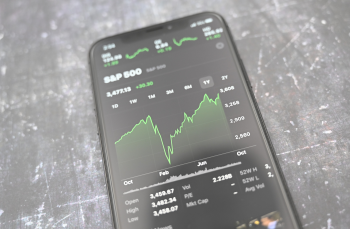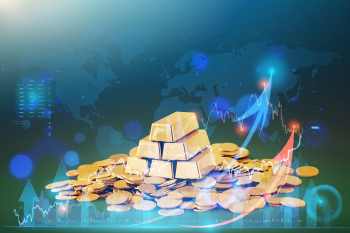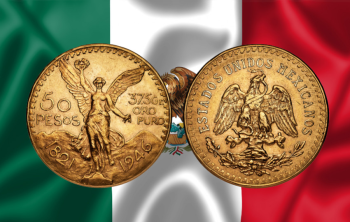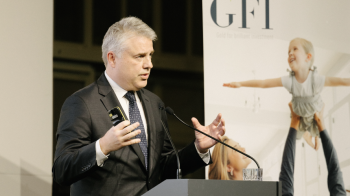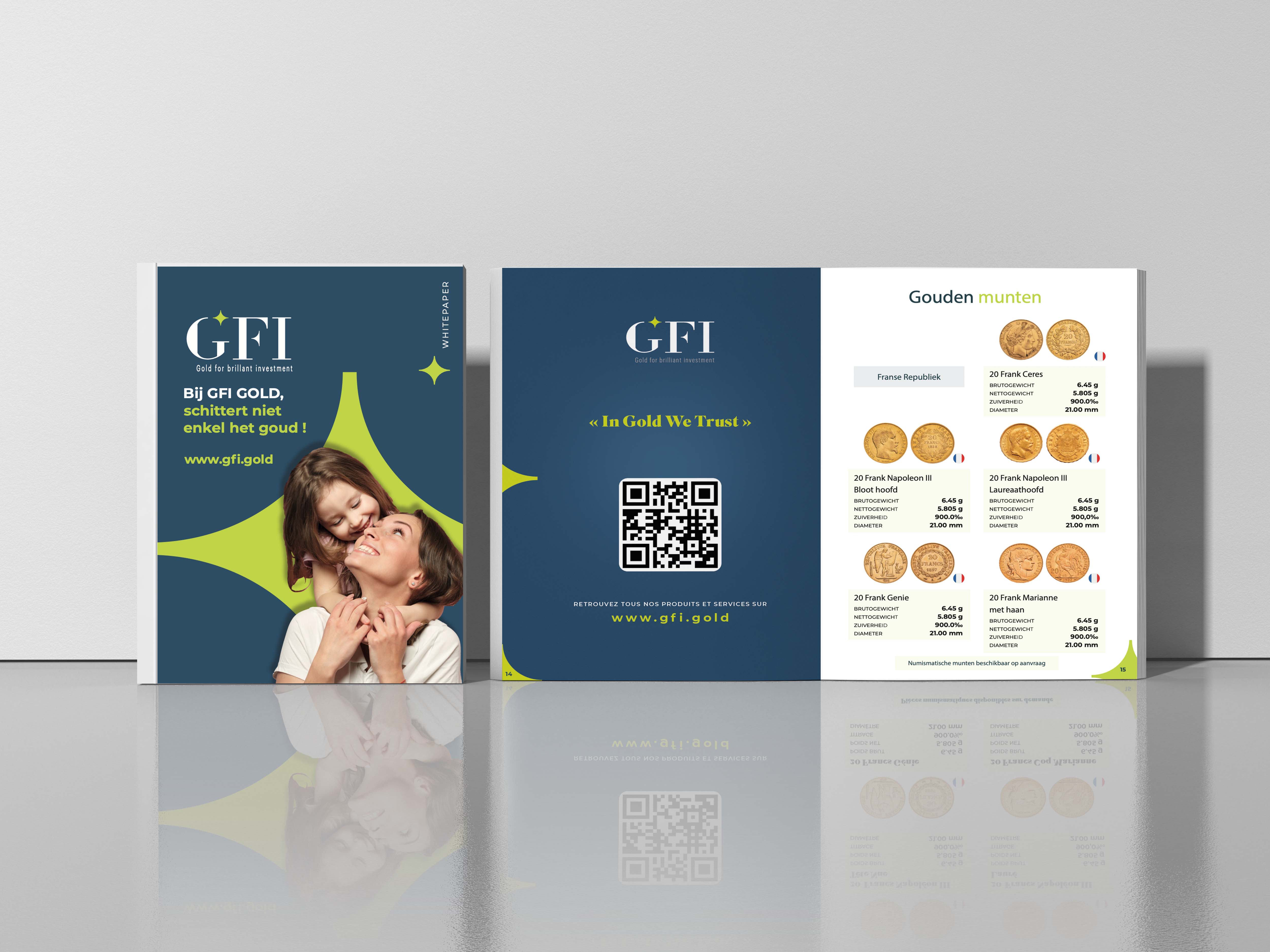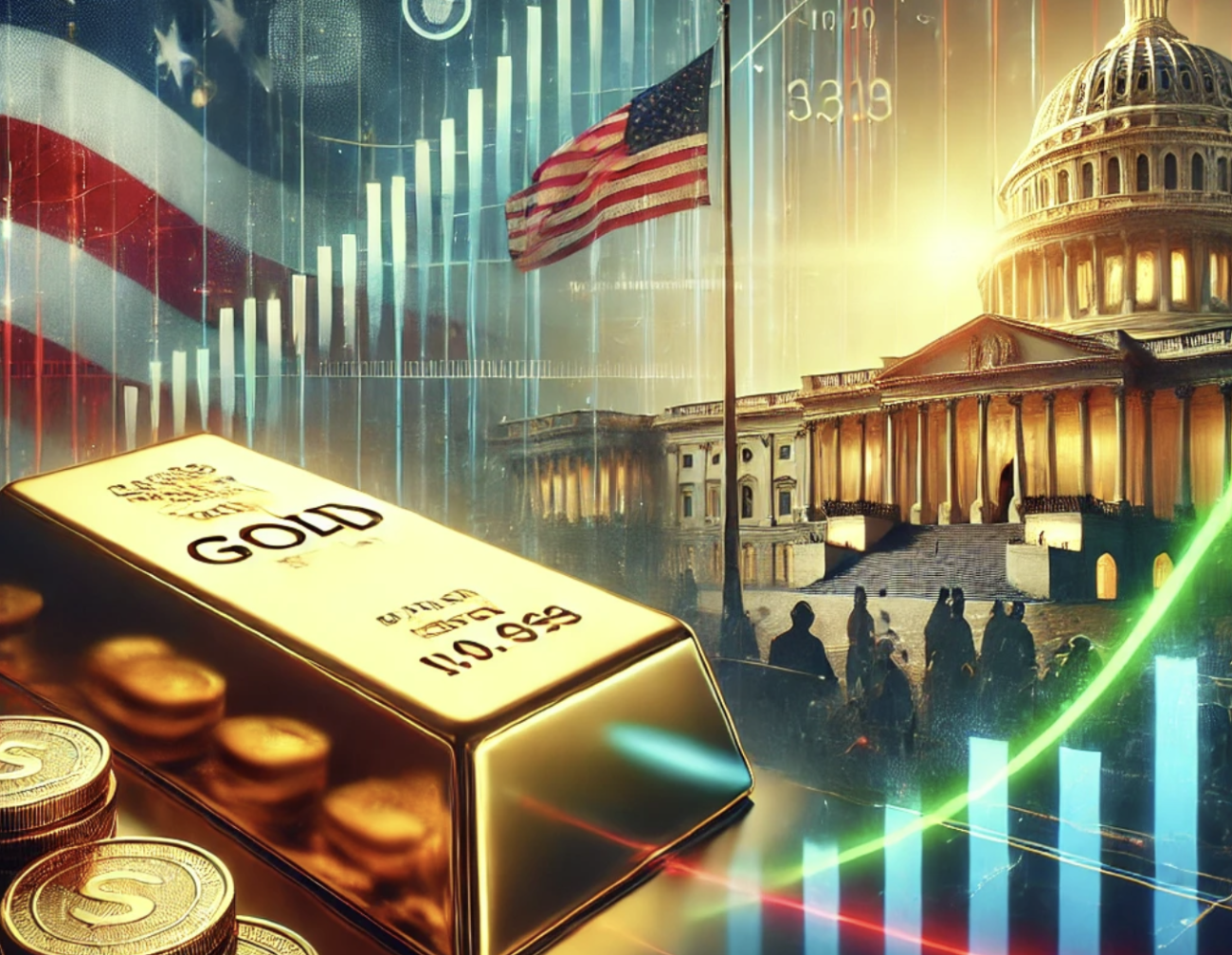
Gold and Elections: A Historical Correlation
American elections are a major event that influences financial markets, including gold. Historically, gold tends to strengthen during election periods marked by increased uncertainty. Investors, unsure of the outcomes and economic consequences of the elections, often turn to gold to protect their portfolios against potential volatility.
However, the exact impact of elections on gold prices depends on many factors, including the candidates’ policies on taxation, public spending, and debt management. For example, a candidate perceived as favoring expansionist policies might raise inflation concerns, prompting investors to buy gold as a hedge against currency devaluation.
Conjunctural Factors
Beyond simple electoral results, the overall state of the economy plays a key role in how gold reacts to elections. For instance, in times of economic crisis or slowdown, elections can exacerbate economic uncertainties, potentially leading to a sharper rise in gold prices. Conversely, in times of stable economic growth, the impact of elections on gold could be more moderate.
Monetary policies of the Federal Reserve are also crucial. If the elections lead to expectations of changes in monetary policy, this could directly affect the U.S. dollar and, consequently, the price of gold, which is inversely correlated with the dollar's value.
Democrats and Gold: A Rise in Power?
Historically, Democratic victories have often been associated with a rise in gold prices. This is partly explained by the generally expansionist economic policies that Democratic administrations tend to adopt. Public spending programs, investments in infrastructure, and massive social reforms can lead to increased budget deficits, which in turn may weaken the dollar. A weaker dollar makes gold, which is priced in dollars, more attractive to international investors, potentially driving its price up.
Moreover, markets often anticipate that Democratic policies could lead to higher inflation due to increased public spending. Since gold is traditionally used as a hedge against inflation, a Democratic administration could therefore boost demand for the precious metal.
Republicans and Gold: Stability or Uncertainty?
On the other hand, Republican victories are generally perceived as favoring a more conservative economic approach. Republicans are often associated with policies of tax cuts, regulatory relief, and public spending control. These policies tend to support economic growth and strengthen the dollar, which could theoretically put downward pressure on gold prices.
However, it is important to note that recent elections show that uncertainty surrounding Republican policies can also create market volatility. For example, protectionist policies or trade tensions under certain Republican administrations have led to periods of economic uncertainty, thereby boosting demand for gold as a safe haven.
The Global Economy: A Determining Factor
It is crucial to remember that the impact of American elections on the gold market does not solely depend on the candidates’ political affiliation. The global economic context, Federal Reserve decisions, and geopolitical events also play a central role. For example, even under a Republican administration with policies favorable to a strong currency, global economic crises or pandemics can lead to an increase in gold prices.
Predictions and Uncertainties
Historical analyses show that gold has often reacted positively to uncertainties linked to U.S. elections. However, it is important to note that each election is unique, and predictions are not always reliable. Investors should therefore consider not only potential electoral outcomes but also global economic conditions, monetary policies, and other macroeconomic factors that could influence the gold market.

